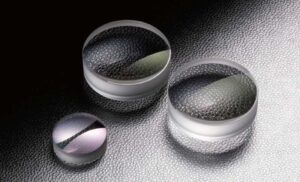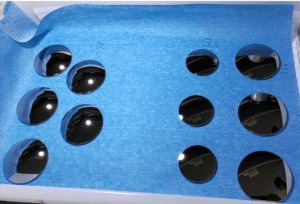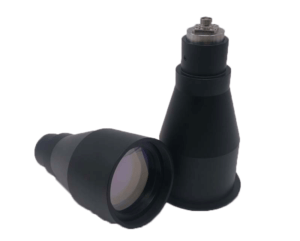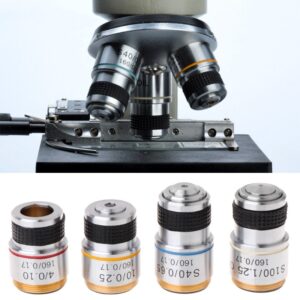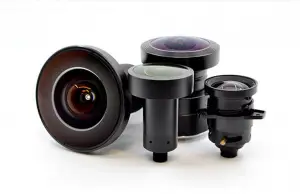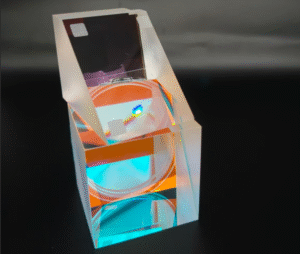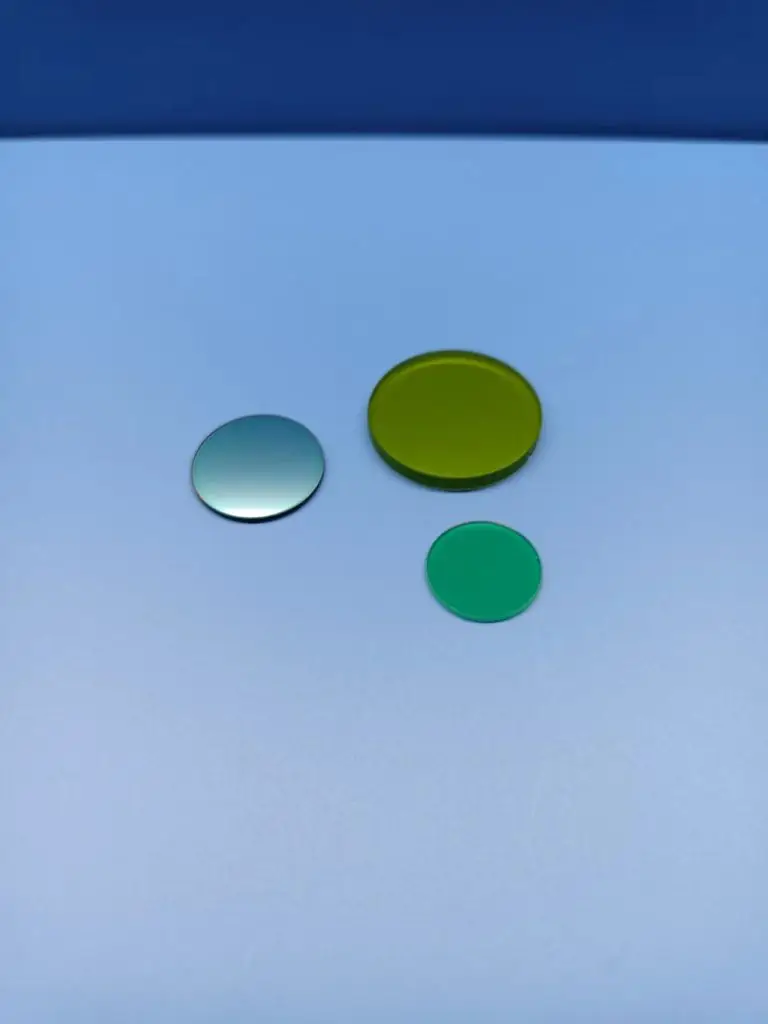Description of the Components: Optical filters are precision components that selectively transmit or block specific wavelengths of light while allowing others to pass through. These filters are essential in various optical systems, where they control the spectral properties of light to enhance imaging, sensing, and detection capabilities. O1. Overview — What Is an Optical Filter?
An optical filter is a passive element that selectively transmits, reflects, or attenuates light at defined wavelength bands. From boosting camera color rendition to protecting IR sensors, the purpose of an optical filter is to shape the spectral profile so your system performs at its best.
At Bote Singapore we combine in-house thin-film coating, precision glass polishing, and optomechanical integration to deliver tailor-made filters in prototype or production volumes. Whether you need a single narrow-bandpass chip or a fully mounted filter assembly, we meet the spec—every time.
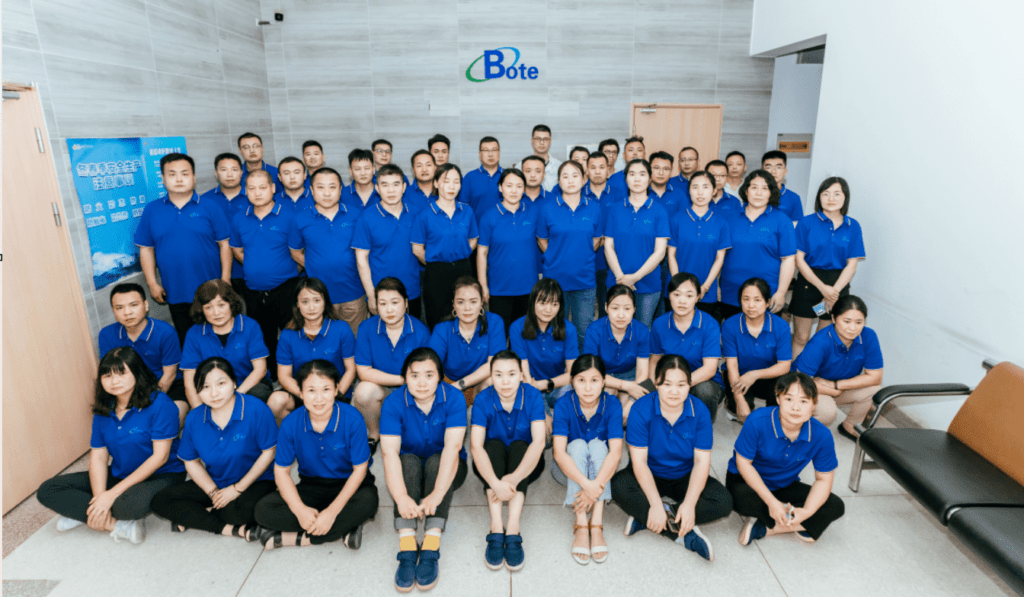
2. Why Choose Bote?
| Key Capability | Benefit for You | Learn More |
|---|---|---|
| Atomic-layer & IBS coatings | Up to OD6 blocking, < 0.5 nm CWL tolerance | <a href=”https://www.bote.com.sg/custom-optical-coating”>Custom Coating ↗</a> |
| 200 nm – 12 µm coverage | UV, VIS, NIR, SWIR, MWIR, LWIR in one supplier | <a href=”https://www.bote.com.sg/ir-windows”>IR Windows ↗</a> |
| Rapid prototyping (2 weeks) | Shorten R&D cycles | <a href=”https://www.bote.com.sg/contact”>Request Quote ↗</a> |
| Singapore export hub | Duty-free shipment, no US–CN trade restrictions |
Unlike vendors that offer only catalog parts, Bote optimises every layer stack for your center wavelength, incident angle, and thermal budget—so you buy performance, not just glass.
3. Filter Types & Keywords in Action
3.1 Dichroic Filters
Thin-film beam-splitters that reflect a stop band while passing the rest of the spectrum, ideal for fluorescence microscopy or multi-sensor cameras.
3.2 Interference Filters (vs. Absorption Filters)
- Interference filter: dielectric layers create constructive/destructive interference → steep edges, high transmission.
- Absorption filter: doped glass absorbs unwanted light → broad roll-off, excellent heat resistance.
Need help choosing? See FAQ below.
3.3 Optical Bandpass Filters
- Single bandpass filter—classic design for laser cleanup or gas sensing.
- Narrow-band filter < 10 nm FWHM—precise line selection.
- Tunable optical bandpass filter—electrically or mechanically adjustable; we integrate with MEMS or LCTF platforms.
- Fiber-optic bandpass filter—fused-silica substrate, Φ 2.5 mm ferrule ready.
3.4 High-pass / Low-pass / Long-pass
Transmit above (high-pass) or below (low-pass) a cut-off wavelength; often called infrared cut-off filter or visible-light filter in imaging markets.
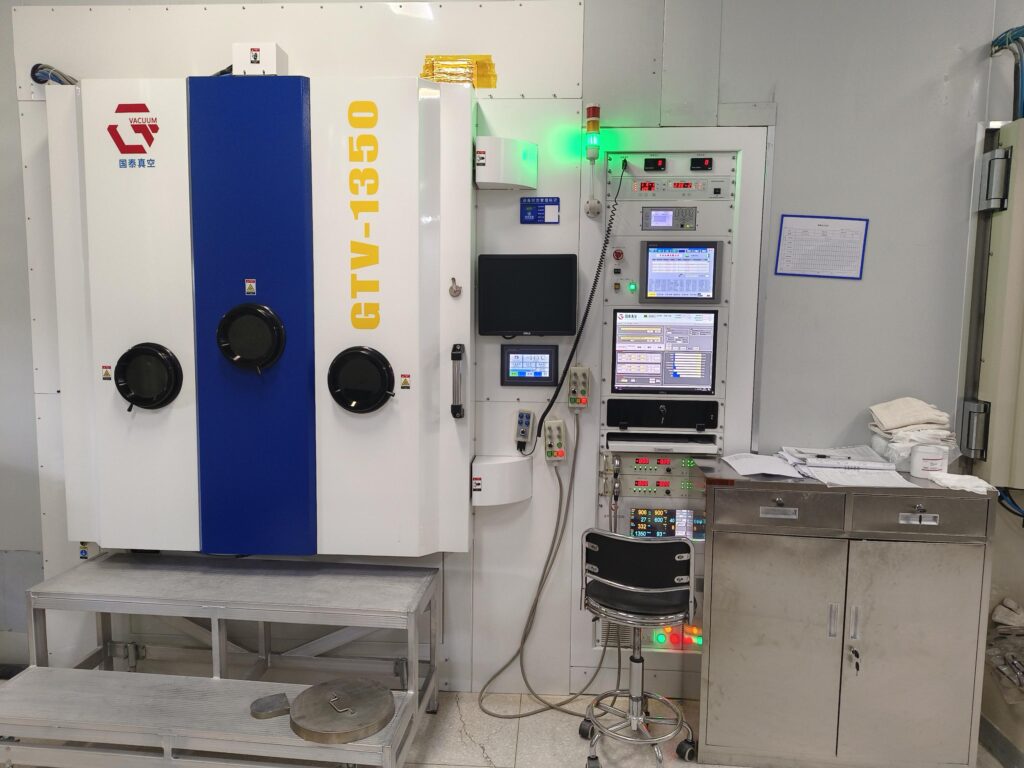
3.5 NIR & IR Filters
- NIR pass filter: 750 – 1100 nm for agriculture NDVI cameras.
- Infrared optical filters: 1 – 12 µm, Germanium or ZnSe optics, DLC hard coat optional for harsh-enviro drones.
3.6 Optical Density Filters
Neutral density (ND) and variable ND up to OD 4 for power attenuation without beam distortion.
3.7 Optical Filter Holders & Assemblies
From 12.5 mm threaded C-mount rings to custom kinematic cubes; stainless, anodised Al or polymer.
- Inspection Equipment List and Metrology of Bote Optics
- Introduction of BOTE Key Equipment
- Catalog of Precision Optics
- Catalog of Imaging Optics
- ISO9001-2015 Certified
4. Design & Manufacturing Details
| Parameter | Typical Range | Bote Custom Option |
|---|---|---|
| Center Wavelength (CWL) | 200 nm – 12 µm | ±0.3 nm tolerance |
| Full Width @ Half Max (FWHM) | 3 nm – 400 nm | Ultra-narrow 0.5 nm |
| Peak Transmission | 85 – 98 % | > 99 % with AR |
| Blocking (OD) | OD2 – OD6 | Multi-cavity stack up to OD ≥ 7 |
| Angle Performance | 0° – 45° AOI | Telecentric or collimated designs |
| Surface Quality | 40-20 scratch-dig | 10-5 high-energy laser grade |
| Substrate Options | Optical filter glass, fused silica, sapphire, Germanium | Mixed-material hybrid |
| Coating Capability | e-beam, IAD, IBS, ALD | Graded & chirped layers |
Optical Bandpass Filter Design Flow
- Define specs: CWL, FWHM, OD, AOI, environment.
- OpticStudio® simulation: predict pass-band shift with temperature.
- Thin-film optimisation (TFCalc).
- Prototype & spectro-test (PerkinElmer Lambda 1050+).
- Mass production with 100 % final QC.
5. Export & HS Code
Most optical filters ship under HS Code 9002.20 (“Filters”) or 9002.90 (“Other unmounted optical elements”). Bote supplies Certificates of Origin (Singapore) and ROHS/REACH declarations on request.
6. Applications
- Life-science fluorescence & FRET
- Machine-vision colour sorting
- LIDAR & ToF ranging (narrow-band 905 nm filters)
- Telecom DWDM (n × 100 GHz fiber bandpass filters)
- Environmental gas analysis (CO₂ 4.26 µm, CH₄ 3.3 µm)
- Thermal imaging windows with DLC scratch protection
Explore our <a href=”https://www.bote.com.sg/ir-windows”>Infrared Windows</a> and <a href=”https://www.bote.com.sg/microlens-arrays”>Microlens Arrays</a> to build a full optical stack.
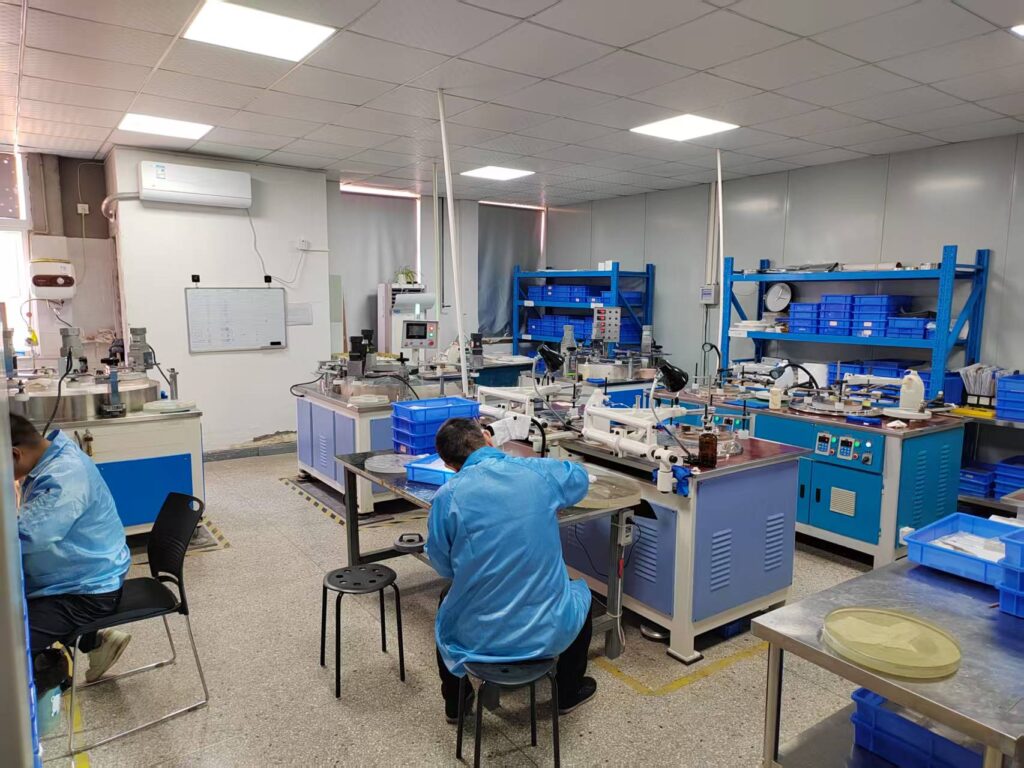
7. Quality Assurance
- ISO 9001:2015 certified workflow
- In-house spectrophotometer & FT-IR scans archived for 10 years
- MIL-STD-810 thermal shock & humidity testing on request
- Full data package ships with every lot
8. Ordering & Customisation
- Request a quote via <a href=”https://www.bote.com.sg/contact”>online form ↗</a> or email.
- Upload drawings or simply state functional targets—our engineers translate them into optical specs.
- Receive formal quotation within 24 h (Asia-Pacific hours).
- Typical lead time: 2–4 weeks prototype, 4–6 weeks production.
- Filters ship vacuum-sealed with desiccant; assemblies in foam-lined cases.
Need mechanical integration? Ask about our optical filter holders and lens barrels.
9. FAQs
Q1 — Interference filter vs. absorption filter: which is better?
Interference filters provide steeper cut-offs and higher peak transmission (> 90 %), making them ideal for laser and imaging work. Absorption glass filters handle higher thermal loads and are cost-effective for broadband illumination.
Q2 — What does “optical density” mean?
Optical Density (OD) = −log₁₀(transmittance). An OD3 filter blocks 99.9 % of unwanted light. Bote supplies OD1–OD6 neutral density and notch solutions.
Q3 — Can you design a fiber-optic bandpass filter?
Yes. We polish Φ 1.25 mm & 2.5 mm end-caps, apply multilayer stacks, and laser-weld stainless sleeves for hermeticity.
Q4 — How narrow can your narrow-band filter be?
With IBS coating we routinely achieve 0.5 nm FWHM at 532 nm with > 70 % peak transmission and OD6 blocking.
Q5 — Do you offer tunable optical bandpass filters?
We integrate our dielectric stacks onto MEMS or LCTF platforms; tuning range up to 400 nm, response time < 20 ms.
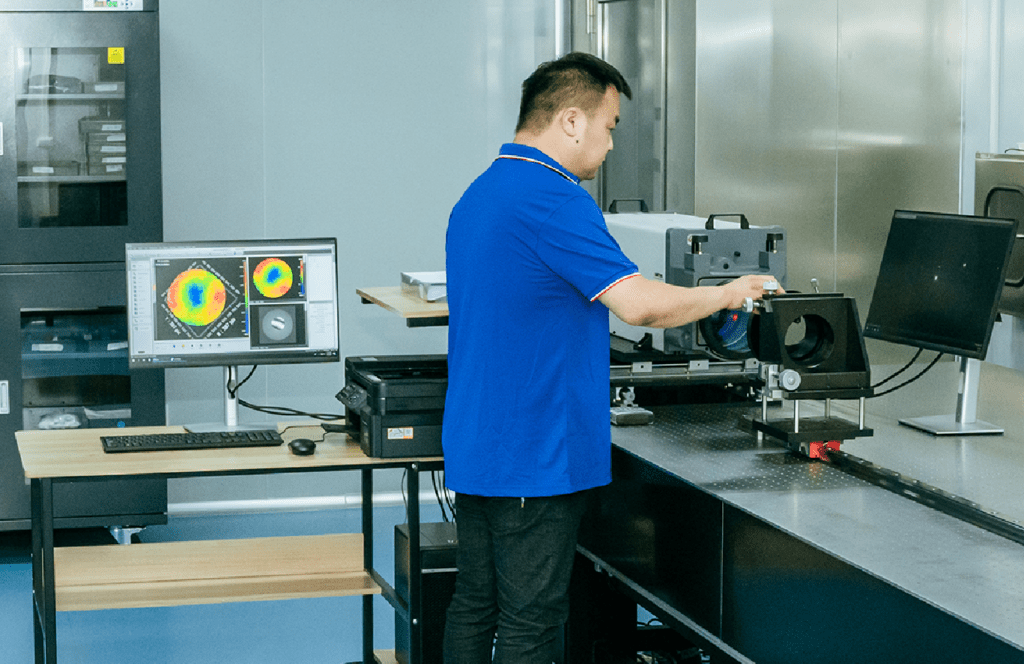
10. Downloadable Resources & Images
htmlCopyEdit<!-- Suggested image placeholders -->
<img src="/images/optical-filter-dichroic.jpg" alt="Dichroic filter reflecting blue, transmitting red">
<img src="/images/narrowband-filter-spectrum.png" alt="Spectral curve of narrow bandpass filter 532 nm">
Need CAD files or full spectral curves? Visit our <a href=”https://www.bote.com.sg/resource-center”>Resource Center</a>.
11. Call to Action
Ready to refine your optical system? Talk to our engineers now and get a filter that does exactly what you need—no more, no less.

